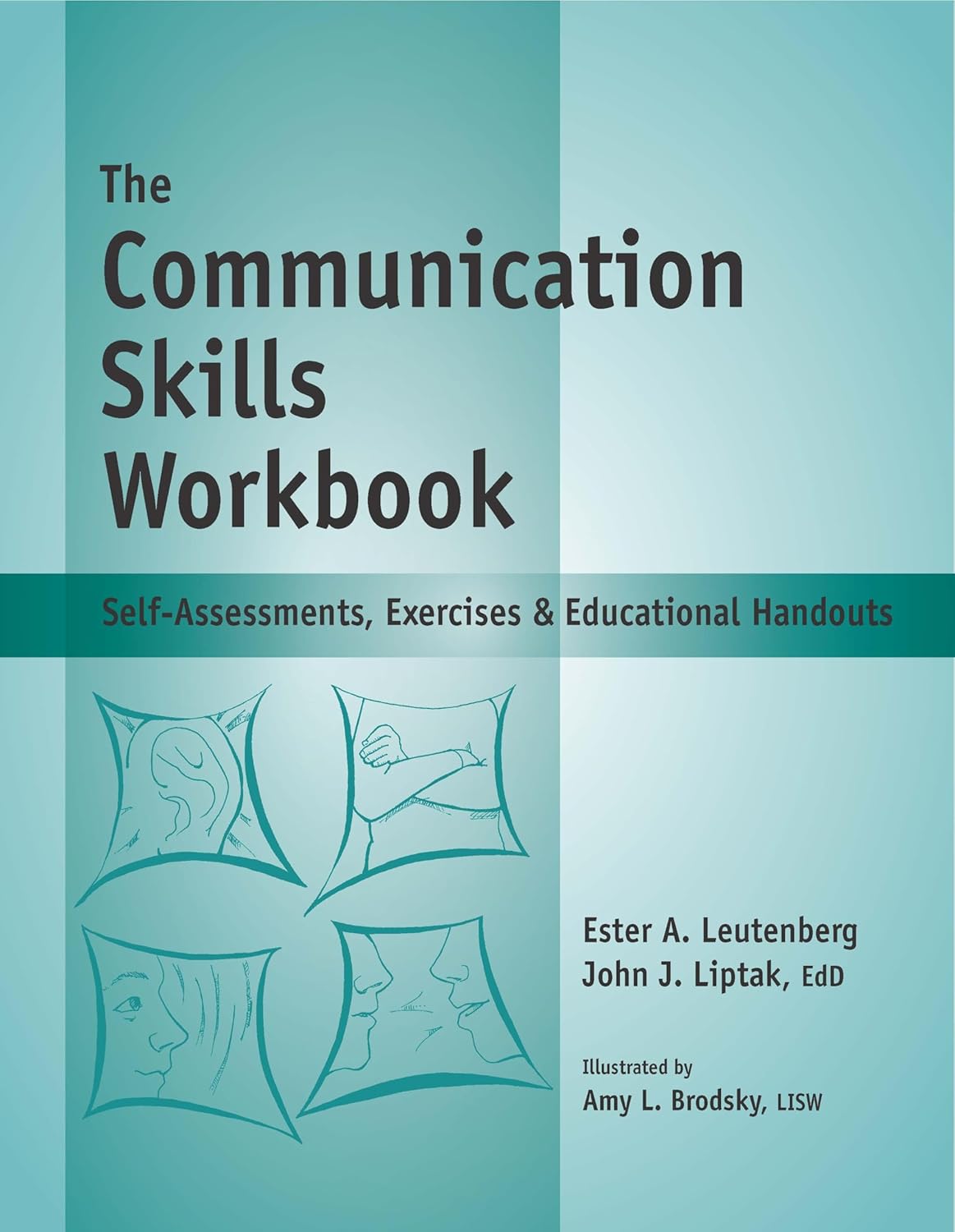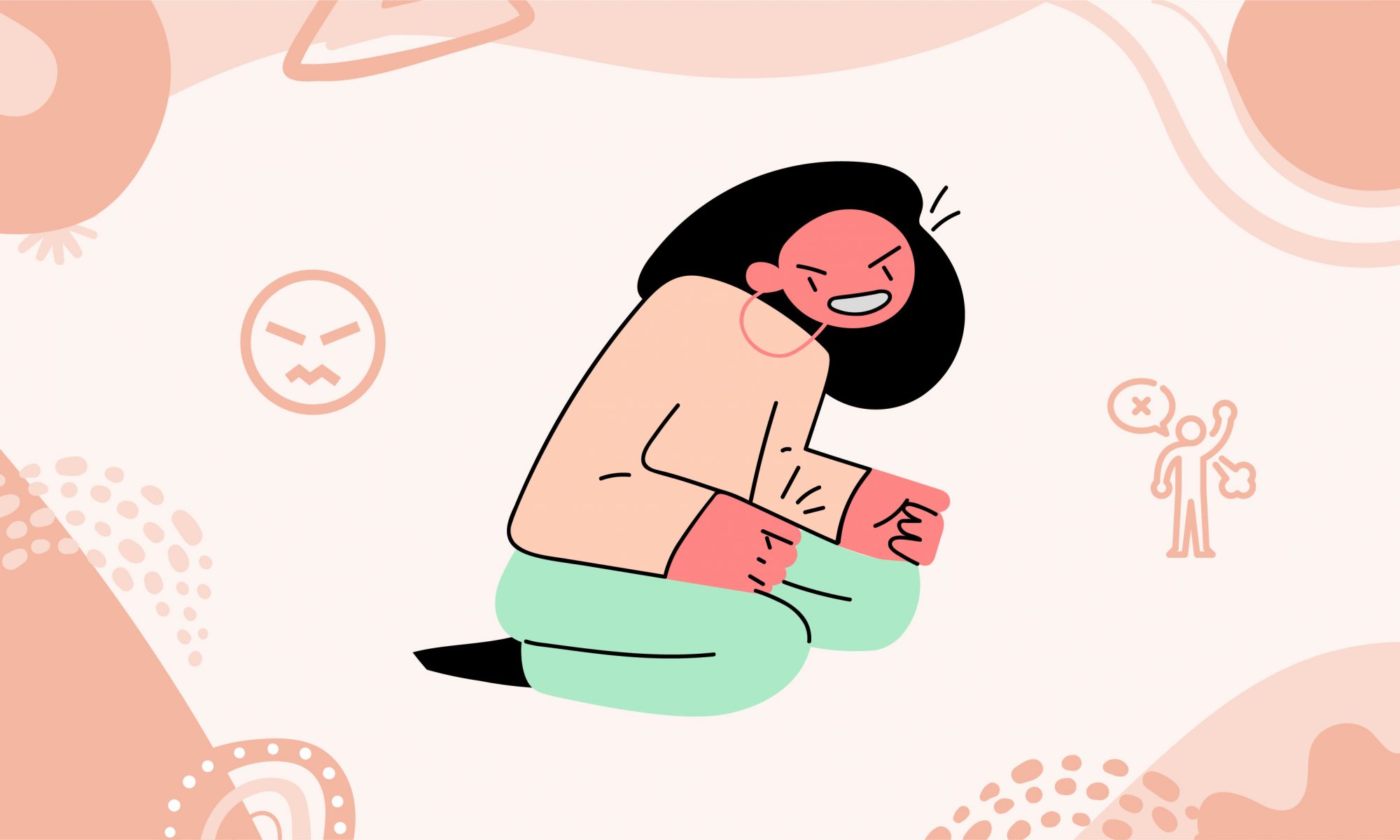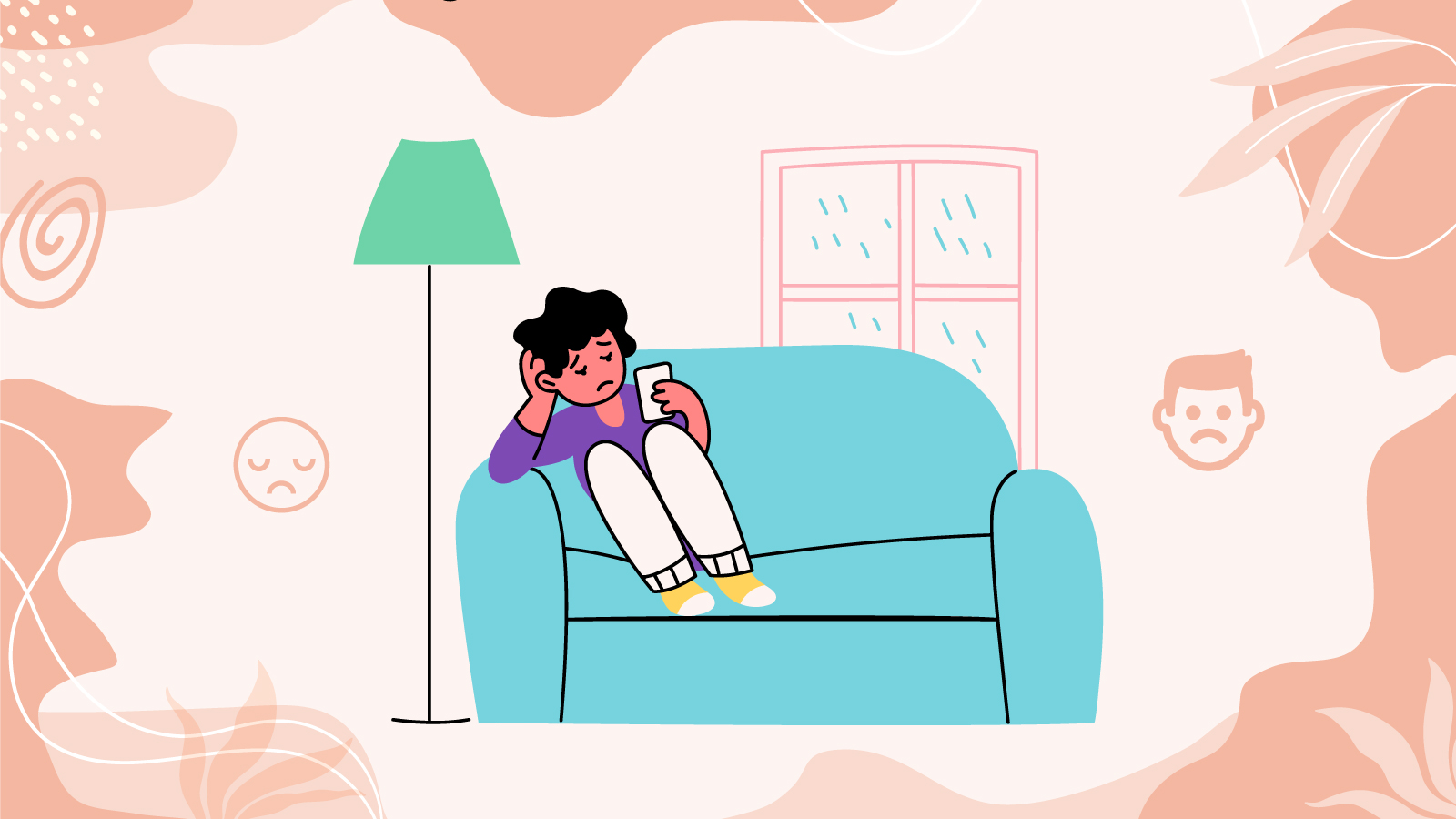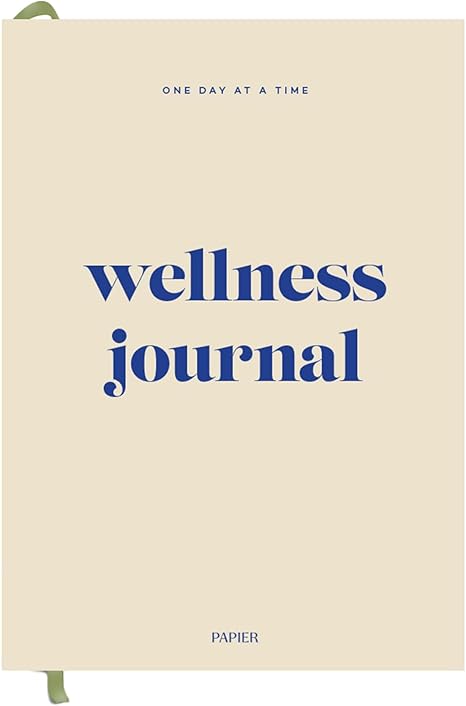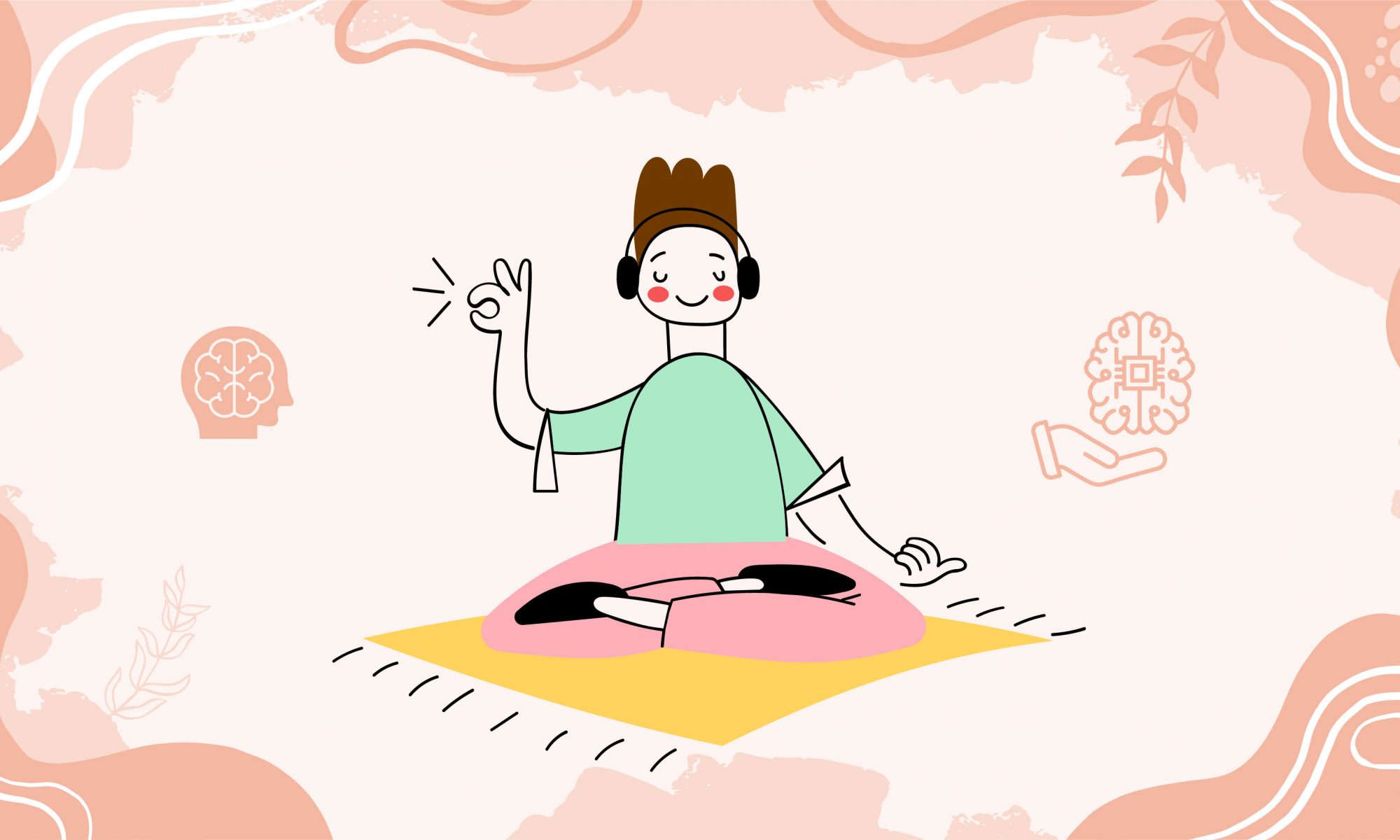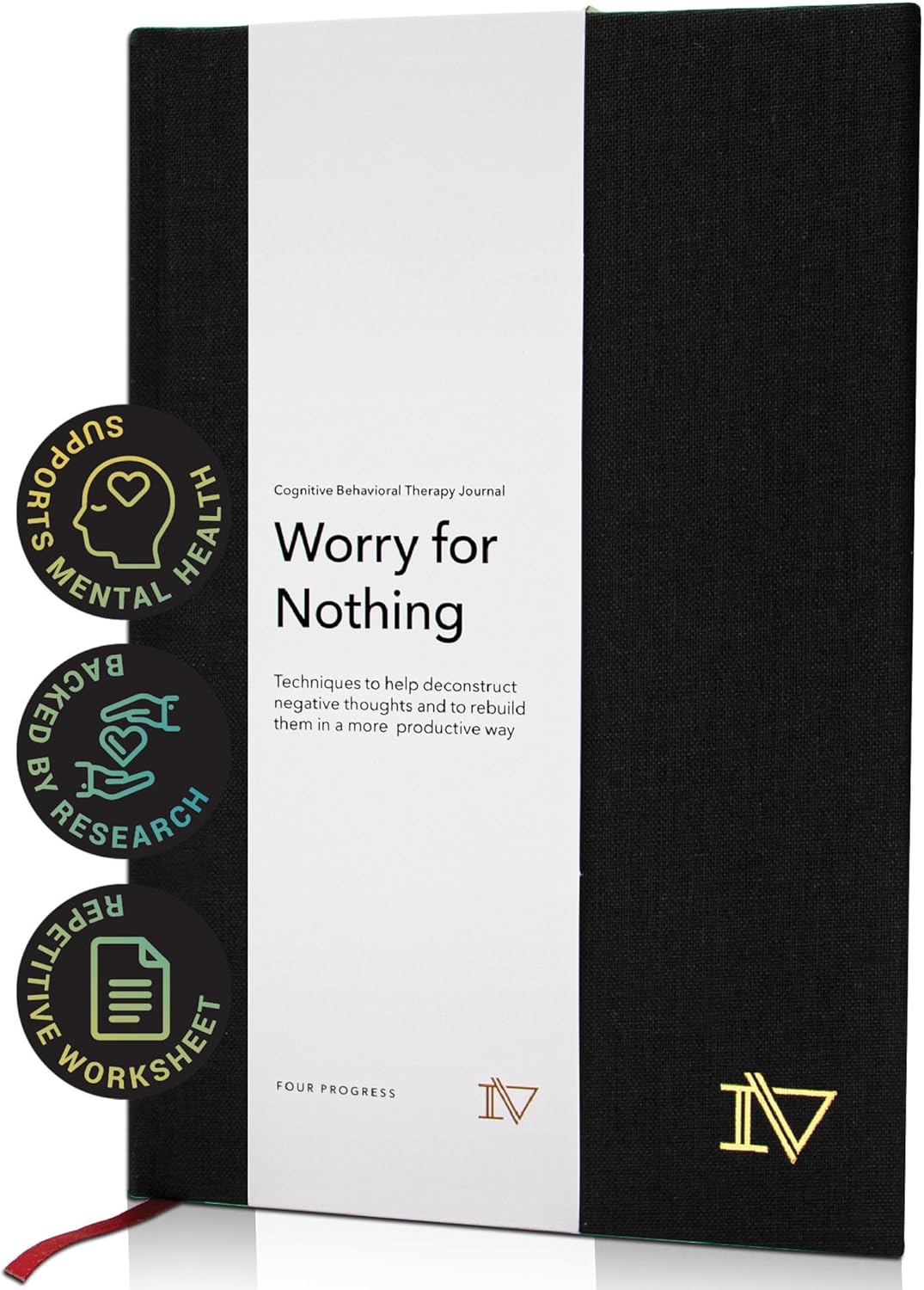We all desire to live comfortable lives. As much as we are pushed to the edges to build a strong and resilient character, we cling to our comfort zones and want to experience the ease of life without bumps or struggles, Isn’t it?
There’s no denying the fact that we find it hard to adapt and want a predictable life.
Yet life, as we know, rarely follows this predictable script. Instead, it throws in surprises, challenges, and twists we hadn’t prepared for. While we naturally long for smooth routines and predictable patterns, life often nudges us out of our comfort zones, pushing us to adapt, grow, and find meaning in the unexpected.
These detours—however inconvenient—often lead to the resilience, depth, and perspective that ultimately shape us. That’s why it becomes crucial to focus on a deeper philosophy of life that talks about resilience and flexibility.
Want to get a hold of em’? Here’s how you can move towards these qualities and shape yourself into a better human being.
#1: Bend don’t Break
Life throws us curveballs, often when we least expect them. This is when it becomes all the more important to learn to bend and allow the storm to pass.
If you’ve surmounted a major hurdle in life, you’d know how keeping a strong outlook helps you walk through the hurdle with much ease. This is where adaptability plays its part and allows you to bounce back in no time. Feeding yourself with inspiring thoughts can be a game changer when it comes to cultivating adaptability
Psychology Insight: Resilience is the mental strength to cope with stress and adversity. According to psychology, resilient people view challenges as opportunities to grow rather than threats. This mindset builds mental flexibility, allowing us to adapt to changing situations without becoming overwhelmed.
Simple Hack: When faced with a challenge, take a few deep breaths and tell yourself, “I am flexible and capable.” Practicing this affirmation on a regular basis can train your mind to approach stress with resilience rather than resistance.
#2: Fight or Flight?
Do you often feel tempted to flee in difficult situations? Most certainly! It is the natural response that we, as humans, are wired to feel. But the game changes when we practice emotional resilience and move past our limiting thoughts. When we prepare ourselves to adopt fight mode and not give in the face of adversities, we undergo a personality transformation and shine through the virtues (resilience, flexibility, patience, and courage) that we build along the way.
Psychology Insight: The fight-or-flight response is a natural reaction to stress, but it can limit our ability to make rational decisions. Choosing adaptation engages the prefrontal cortex, helping us respond thoughtfully instead of reactively. Adaptation turns potential threats into manageable challenges.
Simple Hack: When stress hits, pause and ask yourself, “What’s one small action I can take to adapt right now?” By focusing on a single, achievable step, you interrupt the stress response and regain control.
#3: Action over Perfection
It isn’t uncommon for us to get struck in the face of perfection, so much so that we might overlook the consequences of procrastination and end up delaying our progress in pursuit of an ideal outcome. But here’s a simple catch: Action over Perfection.
If you find yourself drowning in thoughts of perfection, remind yourself to do your best in the given moment. This will help you cultivate the counter habit of performing every action right away. Always remember that perfection is the enemy of progress. To thrive in whatever you do, learn to adapt to the tide of life and make necessary adjustments right there and then.
Psychology Insight: Perfectionism can lead to procrastination, as we delay tasks for fear of not doing them perfectly. Choosing action over perfection helps reduce anxiety and builds momentum, allowing for steady progress even in the face of uncertainty.
Simple Hack: Set a timer for 10 minutes and start on a task without worrying about doing it perfectly. Often, just getting started will reduce your hesitation and make it easier to keep going.
#4: Crisis or Opportunity?
Believe it or not, it’s all a matter of perspective. When you shift your focus and see opportunity in crisis, your life flips for the better. Try it once when you encounter a difficult situation, and you’ll be amazed to find how constructive thoughts become your biggest savior. This way, you’ll add to your adaptability while being open to growth.
Psychology Insight: Cognitive reappraisal, or reframing, helps us change how we interpret events. By viewing a setback as an opportunity for growth, we reduce stress and boost motivation, as we are more likely to act constructively in the face of challenges.
Simple Hack: Write down three possible benefits of any challenging situation you’re facing. This forces your brain to consider positive outcomes, helping you view the situation as a learning experience rather than a threat.
#5: Embrace Change, Don’t Resist it
Change is the only constant. We all know this in our hearts, but we often find it difficult to adapt to this truth. We fear the unknown and generally apprehend it in a negative way. But this is rarely the case. In fact, make a conscious effort to adapt to the situations, and you’ll find yourself growing stronger, wiser, and more resilient with every change you embrace.
Psychology Insight: Over-reliance on rigid plans can cause anxiety when things don’t go as expected. Being open to possibilities allows the brain to operate in a more creative and flexible state, reducing stress and encouraging problem-solving.
Simple Hack: Start each day by setting an “open goal,” such as “Today, I’ll be adaptable and go with the flow.” This gentle intention helps you stay flexible and open to unexpected opportunities that may come your way.
#6: Thrive, Don’t Just Survive
Life isn’t just meant to survive. We all are given immense power and ability to fight off the odds. The only thing that changes us from being feeble to thriving in our endeavors is our ability to find a deeper purpose in our lives. Adapting to circumstances allows us to expand our understanding, grow stronger through challenges, and turn every experience into an opportunity for growth.
Psychology Insight: Thriving involves focusing on growth, well-being, and purpose rather than simply getting by. A positive outlook on success—centered on personal fulfillment rather than external validation—can increase motivation and reduce burnout.
Simple Hack: Define what success truly means to you. Write down a short personal success statement, such as “Success means growing, learning, and finding joy in the journey.” Keep this statement visible as a reminder to focus on meaningful achievements.
#7: Celebrate Small Wins to Build Momentum
Do you take the time to celebrate the small wins along the way? Probably not—and it’s not even your fault. We’re wired to jump to the next goal or achievement as soon as we’ve accomplished the previous one. But this is where we need to pause a little and create the time and space to celebrate the wins we once only dreamed of achieving.
Psychology Insight: Recognizing and celebrating small achievements triggers dopamine release, which reinforces positive behavior and motivates us to continue. This concept, known as “behavioral reinforcement,” helps build confidence and fosters a sense of progress, which is crucial for staying on track toward bigger goals.
Simple Hack: After completing each small task, take a moment to acknowledge your effort, whether it’s by giving yourself a quick break, saying “well done,” or marking it off a checklist. These small celebrations boost motivation and encourage a positive cycle of accomplishment and continued effort.
Conclusion
Adaptability is a crucial trait to ensure that we smoothly sail through life. If we learn to tackle challenges with a resilient attitude, there’s no huddle we can’t cross. All it takes is a little faith and patience when times are difficult. Also, practicing the above steps can help us cultivate a healthy attitude toward life.


















